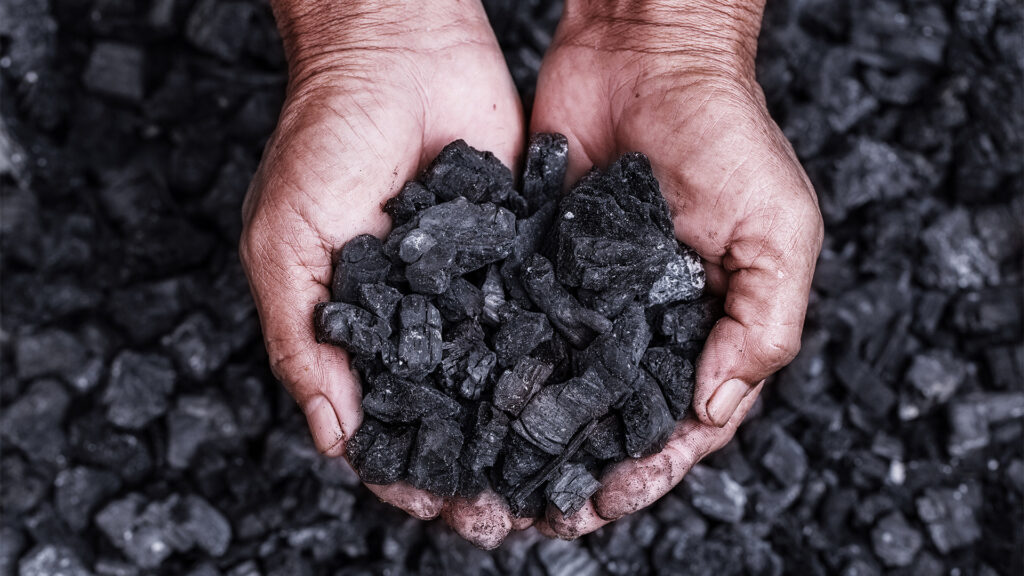In 2023, China provided a substantial $A8 to 10 billion plus a bonus to the Australian trade account, benefiting companies like Whitehaven Coal, BHP, Glencore, Yancoal, and other thermal coal miners and exporters from New South Wales (NSW) and Queensland. This surge in Chinese imports of Australian coal followed the removal of a two-year ban at the beginning of the previous year.
Detailed import data from the National Bureau of Statistics revealed that China imported 52.47 million tonnes of Australian coal in 2023, a significant increase from 2.86 million tonnes in 2022 when the ban was in effect. However, this level of imports did not reach the 2020 peak of 77.51 million tonnes of Australian coal, which was the last full year before the ban was implemented.
China lifted the restrictions a year ago, and shipments began appearing in the March monthly trade data. Previously, China had cleared hundreds of thousands of tonnes of Australian coal that had landed at ports in late 2022 and early 2023 but had not been approved by customs, even during the ban. These clearances aimed to alleviate supply pressures at some coastal power stations as China grappled with sporadic blackouts and a coal shortage in 2022.
With an average price ranging from $A180 to $A200 per tonne, depending on the coal’s quality, this surge in coal imports provided a one-time bonus to a sector facing a gloomy future.
The data also shed light on the robust recovery in sales by major miners and exporters, such as Yancoal Australia and Whitehaven, both of which reported double-digit increases in production and sales in the December quarter but faced a significant drop in their average selling price for thermal coal.
BHP highlighted its NSW Energy coal business, primarily represented by the unsaleable Mount Arthur mine in the upper Hunter Valley, which experienced its best six months in five years during the July to December period, averaging just over $US123 per tonne. This marked a significant decrease from $US354 per tonne in the same period in 2022.
In December, Australia’s coal shipments totaled 6.71 million tonnes, a 6.4% increase from November, according to Reuters.
The recovery in Australian imports contributed to China’s overall coal imports reaching a record high of 474.42 million tonnes in 2023, a 62% increase from the previous year. December also saw record-high imports of 47.3 million tonnes, as buyers rushed to import coal before Beijing reinstated some import tariffs in the following month. Australia accounted for 11% of China’s total coal imports in 2023.
While Indonesia remained China’s largest coal supplier, with exports totaling 220.25 million tonnes in 2023 (a 29% increase from 2022), imports from Mongolia more than doubled, reaching 69.97 million tonnes. Russian coal imports also surged by 50% to 102.13 million tonnes.
Notably, Australia’s coal exports to China are of higher quality compared to imports from Indonesia and Russia. However, the introduction of a new export duty on coal and other commodities in October of the previous year made Russian imports less attractive. Importers of Russian and Mongolian coal must now pay a most-favored nation tariff rate of 3% to 6%, while coal from Australian and Indonesian mines is exempted under free trade agreements.
Macquarie analysts noted that 90% of China’s 2023 coking coal import volumes are subject to import tariffs, but “Russian and Mongolian producers are likely to absorb the additional costs,” as reported by Reuters.

